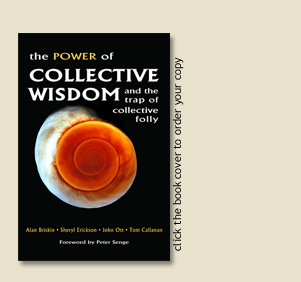I Don't Know, But Maybe We Do
The year is 1966. The grape fields of California are ablaze with
conflict and tension. Cesar Chavez and his fledgling United Farm
Workers are seeking negotiations through collective bargaining elections
with the DiGiorgio Corporation—the largest grower of table grapes
in the nation. Many new workers are frightened, already indentured
by the company who paid their way from Mexico and now living in DiGiorgio’s
labor camps. They support their brothers and sisters in the United
Farm Workers who are seeking a better life, but they have children
to feed and no passage home.
The farm labor camps, row on row of cinder
block housing, are located on company property. There are watchtowers
overlooking the camps, silent reminders of earlier days when the
Japanese were interned in these same buildings during World War IIII.
There are no longer guards in the towers but there are guards at
the gates. Because the camps are on private property,
United Farm Worker organizers have been barred from entry—barred
from engaging in conversations with the workers inside—barred from
discussing the workers’ democratic rights under the law to vote for
the United Farm Workers to represent them in conversations with the
growers. A paradox—workers have the right to vote in the first election
in agricultural history but not the means to share in the conversation
needed to make an informed choice on behalf of a better life for
themselves and their families.
pdf of the full text... |









